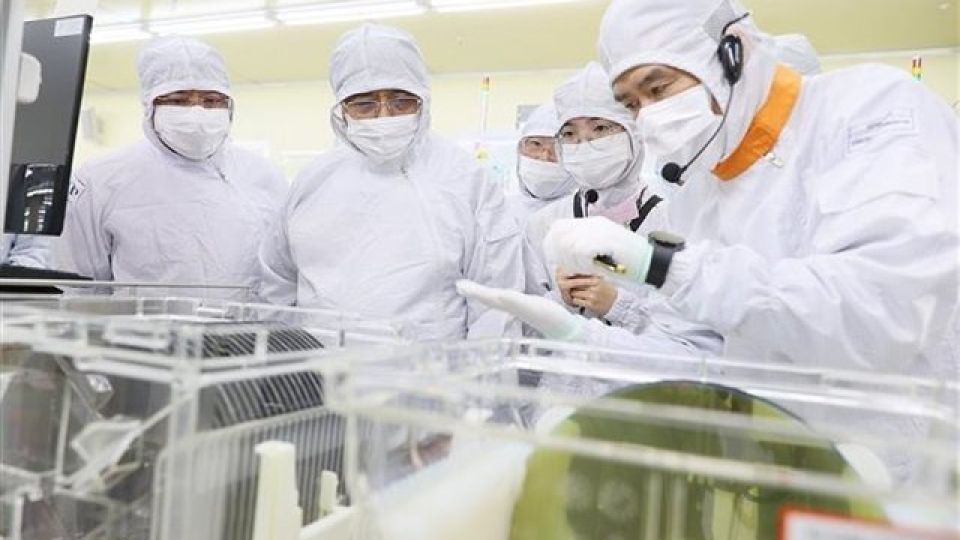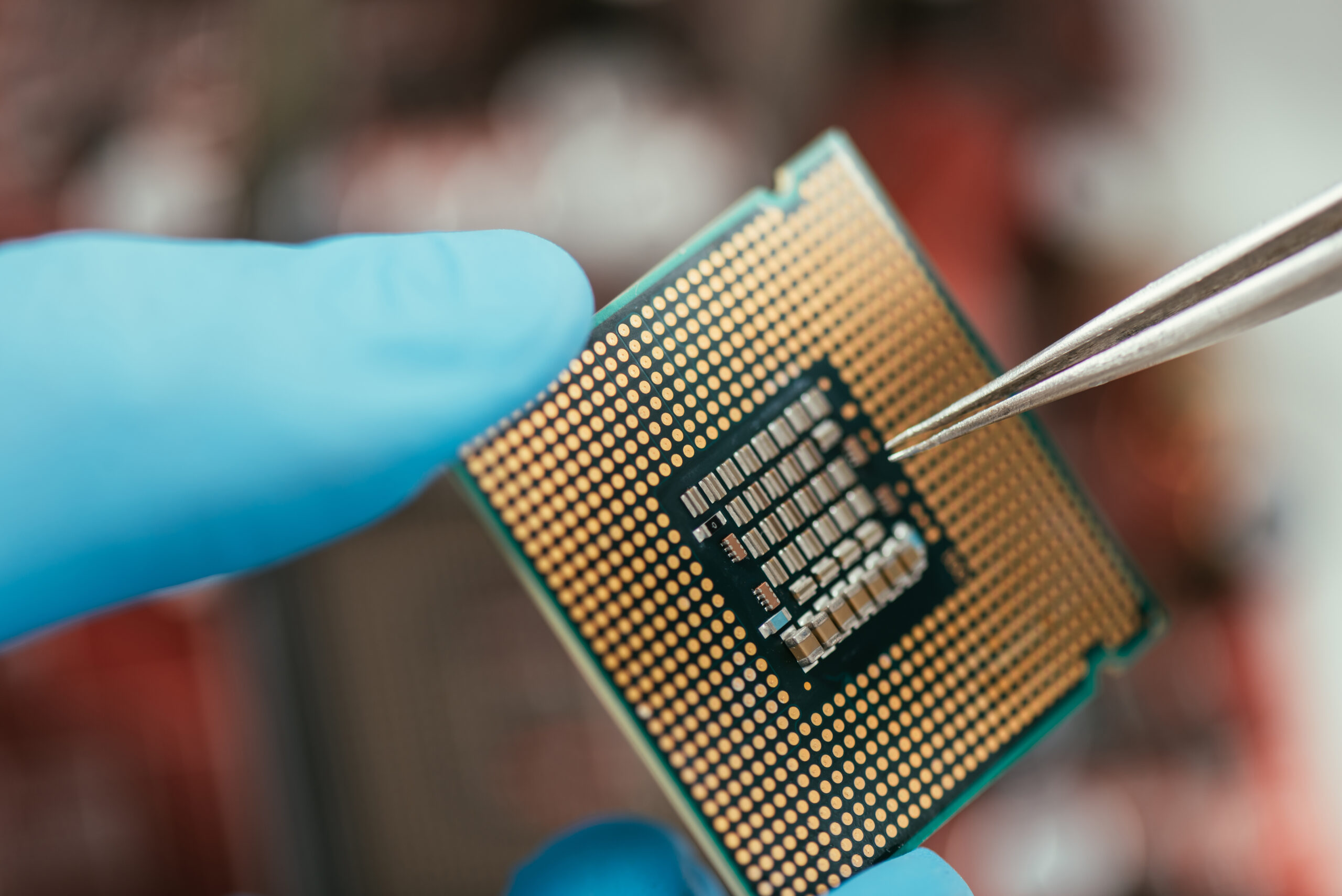HANOI (ANN/THE VIETNAM NEWS) – Vietnam is strategically positioning itself for the impending surge in semiconductor investment by diligently establishing both solid and soft infrastructure, implementing policy mechanisms, investing in research and development, formulating strategies, and cultivating a skilled workforce.
Globally recognised as a vital industry, the semiconductor sector is poised for substantial growth, with the global market targeting a significant milestone of USD1 trillion by 2030.
Vietnam has outlined clear and specific directions along with action plans to propel the development of its semiconductor industry.
As a nation fostering a vibrant innovation ecosystem, Vietnam’s rapid advancements in the digital economy and remarkable growth in the high-tech sector have attracted the interest of numerous global corporations, enticing them to invest in the flourishing semiconductor industry.
Minister of Planning and Investment Nguyen Chi Dung, in an interview with the government’s online newspaper baochinhphu.vn in early 2024, elaborated on the crucial tasks assigned to various government departments, particularly the Ministry of Planning and Investment (MPI), in preparing for investments in Vietnam’s semiconductor industry.

The government specifically asked the Ministry of Information and Communications to create a plan for developing the semiconductor industry in Vietnam until 2030, with the final stages of drafting currently underway.
Meanwhile, MPI has been entrusted by the Government and the Prime Minister to lead the human resources development project for the semiconductor industry in Vietnam until 2030. The specific objective is to train 50,000 semiconductor engineers, reflecting the nation’s commitment to nurturing skilled professionals in this critical field.
Vietnam has also established the National Innovation Centre (NIC) and collaborated with two of the largest chip design corporations in the United States, Synopsys and Cadence, to set up a chip research and design centre within NIC’s facilities.
Infrastructure readiness
In addressing the crucial aspect of infrastructure, Minister Dung highlighted the meticulous preparations made by localities.
Enhancements in land infrastructure, with active efforts to free up land for semiconductor enterprises, have been a priority.
Simultaneously, strategic transportation infrastructure connecting economic centres, seaports and airports is being enhanced.
The focus extends to preparing for issues related to information technology, electricity, water and social infrastructure for the workforce in the semiconductor industry.
These preparations underscore the government’s commitment to creating a conducive environment for semiconductor investments and its determination to actively participate in the global semiconductor value chain, the minister said.

Dung underscored the significance of human resources development as a primary challenge in the semiconductor industry.
He outlined the MPI’s progress in the final stages of designing the human resources development project. This initiative aims to train a substantial number of 50,000 engineers, 1,000 master’s degree holders, and 100 PhD researchers in the semiconductor industry by 2030.
The plan includes potential domestic and international training programmes, emphasising collaboration with universities and institutions.
To realise these goals, Vietnam has forged a collaborative agreement with the University of Arizona, a prominent institution specialising in semiconductor education in the United States.
The minister highlighted the importance of mobilising diverse resources, including state funds, private sector support and non-refundable aid, to ensure the successful implementation of the project.
With increasing competition for foreign direct investment (FDI) and the implementation of global minimum tax in 2024, Minister Dung outlined Vietnam’s measures to support domestic and foreign enterprises participating in the semiconductor production and supply chain.
The government aims to develop a strategic roadmap, ensure rapid implementation to meet human resource demands, and improve institutions and policies.




















































